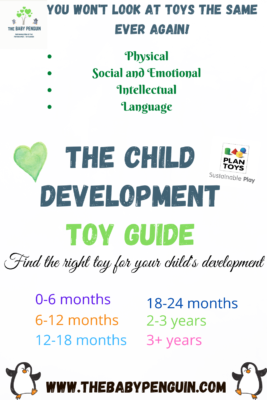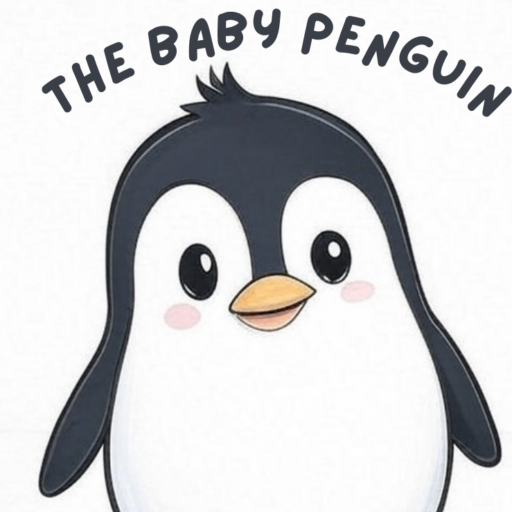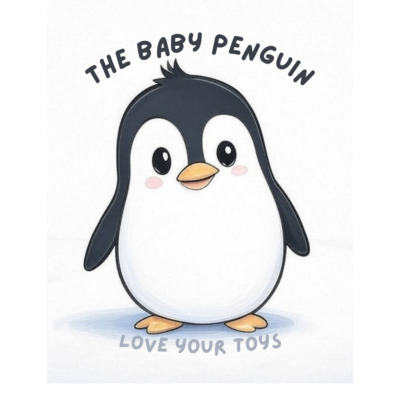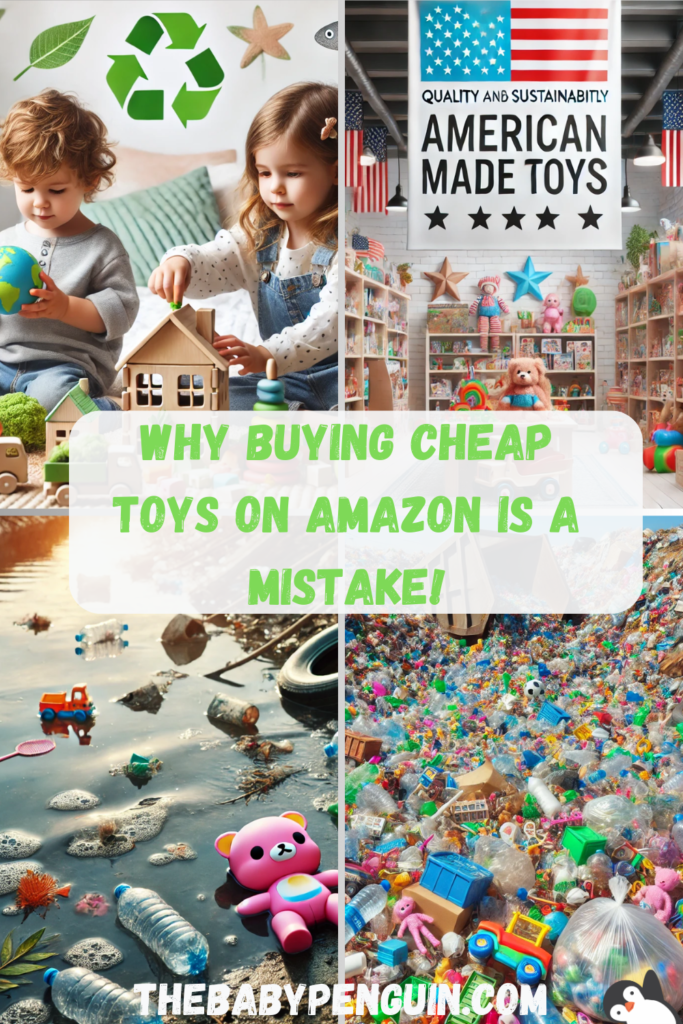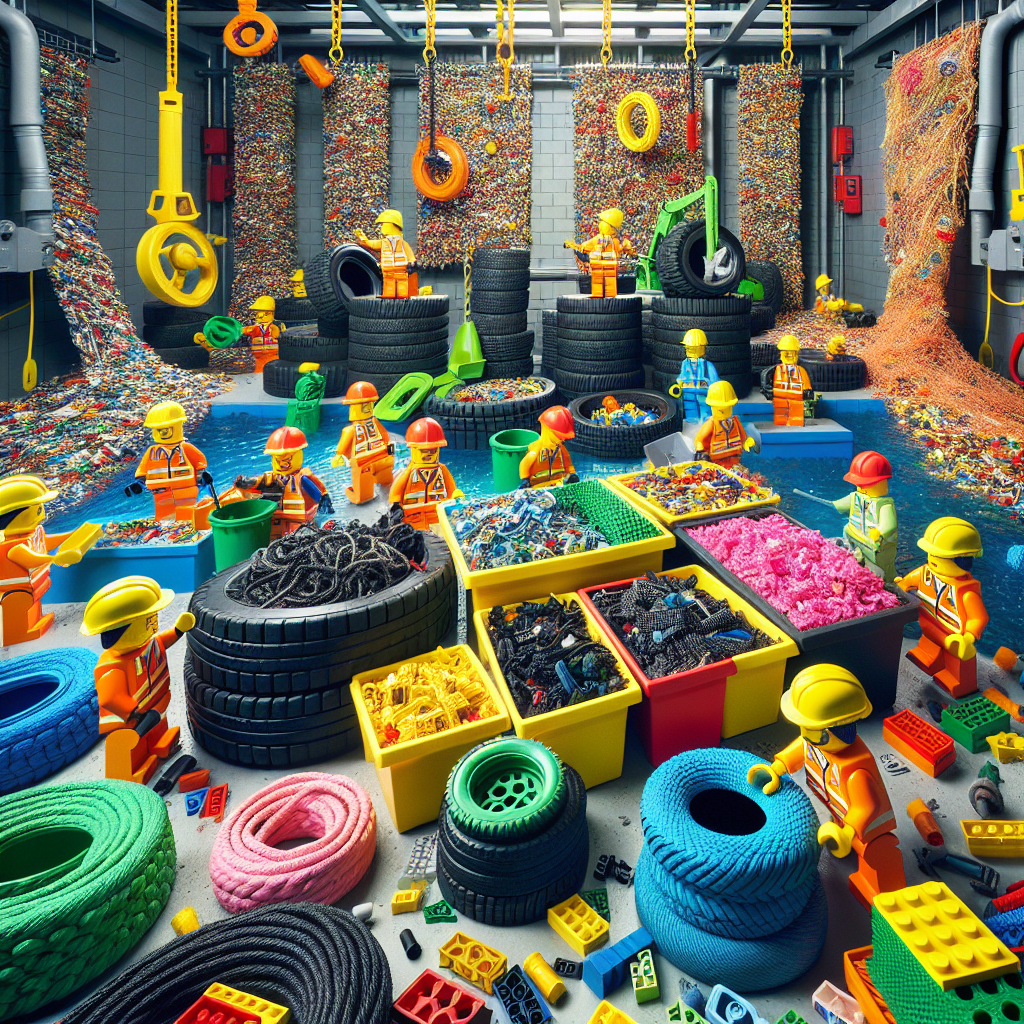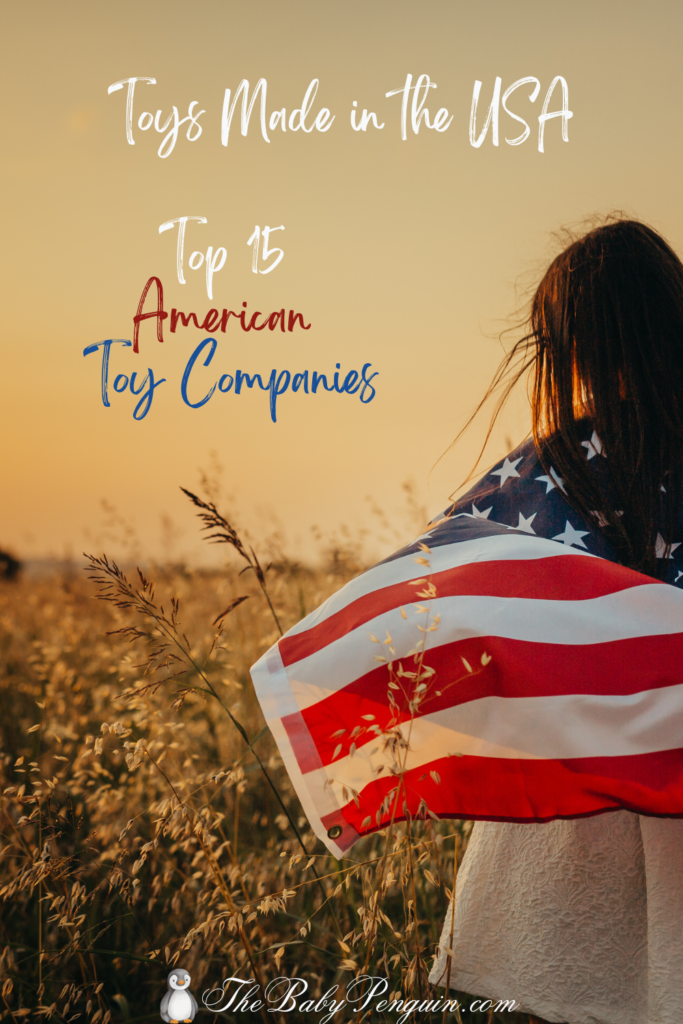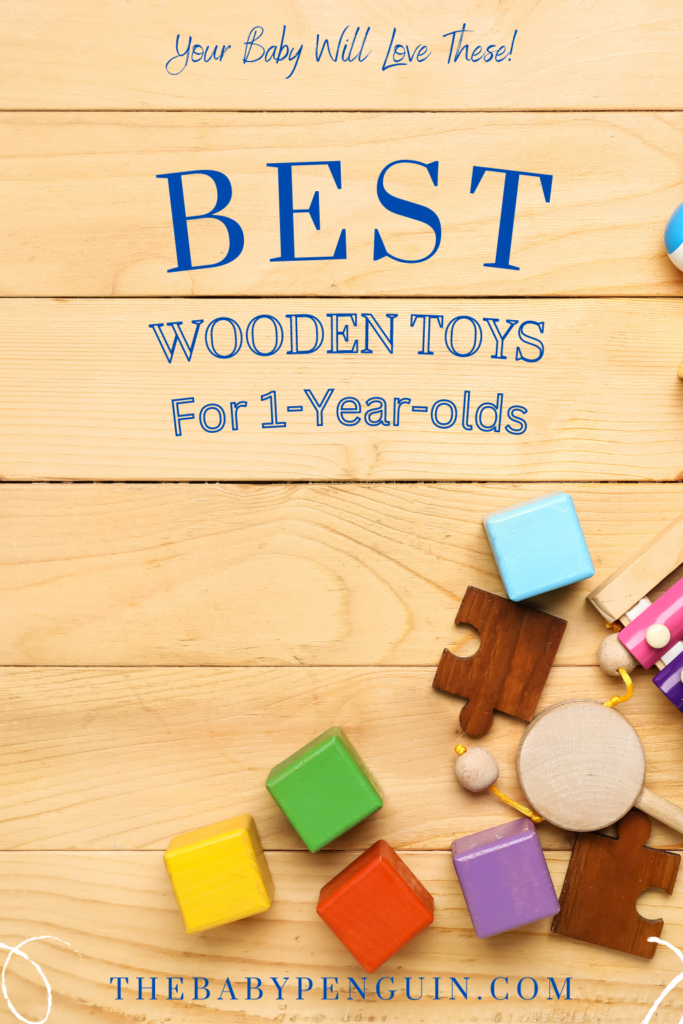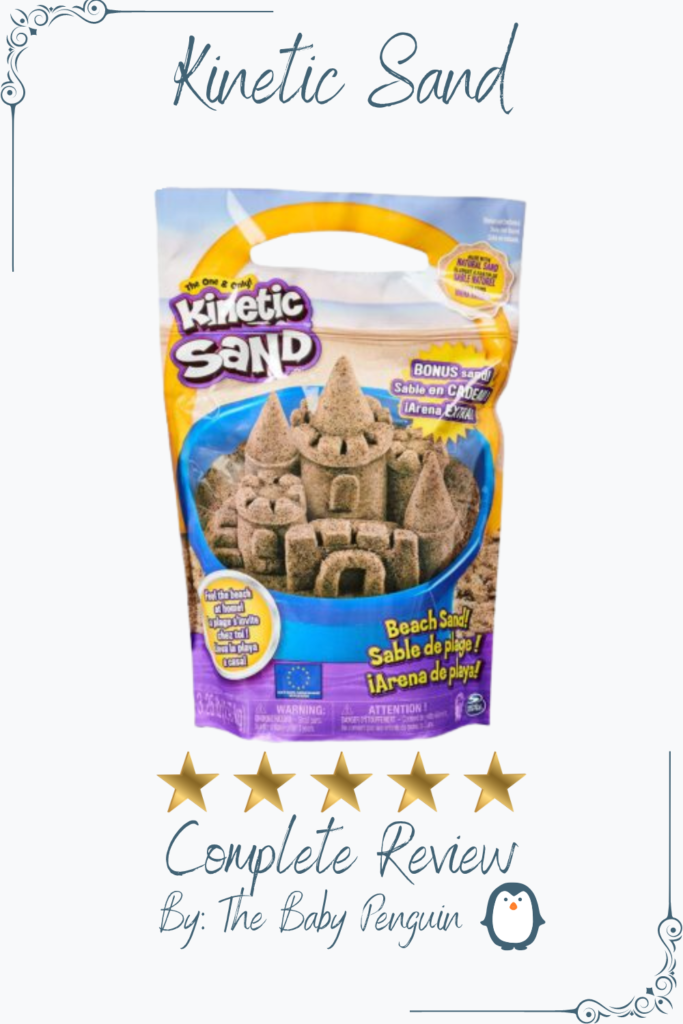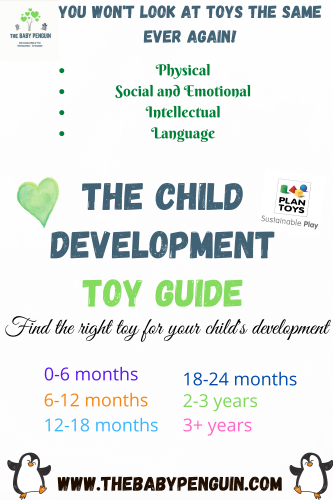Table of Contents
ToggleBaby Toys Developmental Toy Guide | Babies to Children
Why Baby Toys Developmental Research is Important? | Complete Guide
“Education and Activities are important for enriching the development of children but it starts much earlier than this. It starts with toys.”
“Most think the age requirement is due to safety. Although this is always part of it, a second part is that the toy is crafted for child development for that specific age.”
Why do we love PlanToys? Sustainable, Safety, and Baby and Child Development Focused!
- They help children develop. Every parent wants to see their child successfully grow and develop. They believe that creative and educational play can help them do this! By playing with their educational toys, children learn and evolve in a variety of ways.
- They are passionate about child safety. They pay close attention to the safety standards of their production process. All of their materials are non-toxic and environmentally friendly so parents can let their children play without worry.
- They care about the environment. They believe that a quality environment will give rise to quality individuals. At PlanToys, they use water-based colors that are chemical-free, E-Zero glue that doesn’t contain formaldehyde, and they maximize resource utilization by using leftover sawdust to create a new sustainable material called PlanWood™. To learn more about “What is a Sustainable Toy?” Check out my detailed article HERE.
The Four Areas of Baby & Child Development are:
1. Physical
- Fine Motor
- Gross Motor
- Coordination
- Visual
- Auditory
- Tactile
- Physical
2. Social and Engineering
- Emotion
- Musical
- Social
- Theory of Mind
3. Intellectual
- Cause & Effect
- Explore
- Concentration
- Creative
- Memory
- Logical
- Mathematical
- Problem Solving
- Imagination
4. Language
- Language & Communications
- Sign Language
- Pre Braille
Child Development Age(s)
Baby Development: 0-6 months
Visual – Stimulate your baby’s visual development by encouraging them to focus on small objects like hanging mobiles and baby gym.
Gross Motor/Fine Motor – Support your newborn’s development of fine and gross motor skills with baby gyms.
Auditory – Soothe your baby with gentle and playful sound with music boxes or rattles mirrors.
Tactile – Enhance your baby’s understanding of temperature, texture, and other touch sensations through sensory play.
Intellectual Stimulation – Tell stories, create scenarios and sing a song with your newborn to support cognitive development by using floating baby books or photo books with vivid colors.
Explore – Encourage your baby to learn about the world around them via imaginative exploration with unbreakable safety mirrors.
Areas of Focus 0-6 months:
Physical: Visual, Gross Motor, Fine Motor, Auditory, Tactile
Intellectual: Explore
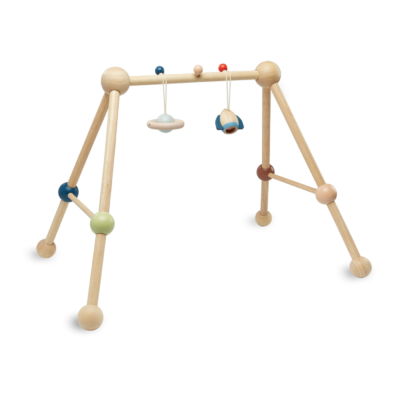
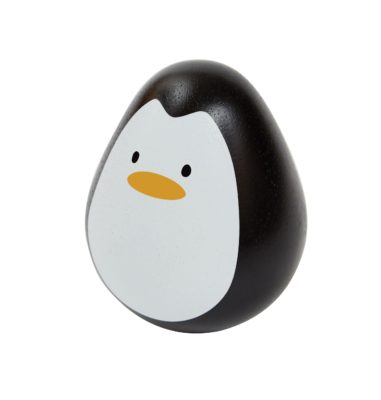
Baby Development: 6-12 months
Touching and Holding – Develop tactile skills by exploring soft, smooth, rough, and patterned surfaces during play with Sensory Tumbling, teethers, and gummy rings.
Social and Emotional Development – Support the development of language, communication, and social skills by playing with your baby one-on-one and in groups with toy-like Baby Car.
Muscle Development – Develop larger muscle groups while improving balance and body awareness during active play by using rollers, clutching toys, and walkers. Enhance fine motor skills and hand-eye coordination with hands-on play such as softballs and clutching.
Intellectual Stimulation – Invite your baby to begin exploring and enjoying free play on their own by playing with Sensory Tumbling. Encourage your baby to start communicating through storytelling by helping them recognize pictures and objects such as the mirror baby book and Penguin. Incorporate water toys like Sea Life Bath Set into bath time to enhance development and imaginative thinking.
Areas of Focus for 6-12 months:
Physical: Gross Motor, Fine Motor, Tactile
Social & Emotional: Social, Emotion
Intellectual: Explore, Creative, Imagination
Language & Communications: Language & Communications
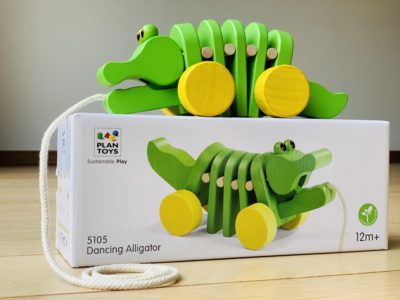
Toddler Development: 12-18 months
Muscle and listening Development – Improve gross motor skills and understanding of balance through active play such as push & pull toys. Boost fine motor skills and hand-eye coordination through hammering and pounding toys such as Pounding Bench and Hammering Balls. Engage the auditory sense by helping your child differentiate between different sounds and rhythms. musical toys such as The Fish Castanet.
Social and Emotional Development – Make bath time exciting by exploring the properties of liquid and force and discovering how different objects float, sink and move through the water by playing with bath toys like Sailing Boat.
Intellectual Stimulation – Learn about shapes, colors, order, size, and patterns by playing with stacking, nesting, and sorting toys like Owl Sorter and Nesting Boxes, they help to improve mathematical skills as a result. Encourage imaginative and creative play by exploring patterns, colors, and designs of different sizes, shapes, and combinations through playing with My First Phone and The Dino Car.
Areas of Focus for 12-18 months:
Physical: Gross Motor, Fine Motor, Coordination, Auditory, Visual
Social & Emotional: Social, Emotion
Intellectual: Mathematical, Imagination, Creative
Language & Communications: Language & Communications
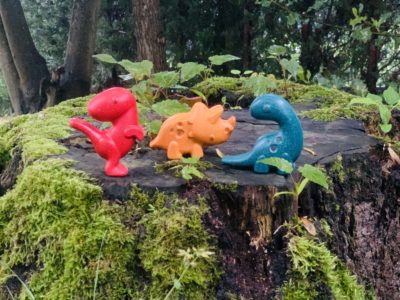
Toddler Development: 18-24 months
Fine Motor and Coordination Development – Support children in fine motor skill development and hand-eye coordination with wooden blocks, small sorting objects, and pretend-play toy sets like cutting wooden fruit and vegetables.
Emotional Stimulation – Build excitement around imaginative free play with emotionally stimulating musical toys such as Solid Drum and Concertino.
Intellectual Stimulation – Encourage cognitive development through educational play with toys that require categorizing, comparing, counting, and ordering like Stacking Ring, Sort and Count Cups, Sorting Puzzle. Strengthen logical thinking and problem solving while helping children understand cause and effect relationships.
Language Development – Assist kids in language development with toys that inspire communication and emotional awareness by playing through My First Camera.
Areas of Focus for 18-24 months:
Physical: Fine Motor, Coordination, Visual
Social & Emotional: Emotion
Intellectual: Mathematical, Creative, Logical, Problem Solving
Language & Communications: Language & Communications
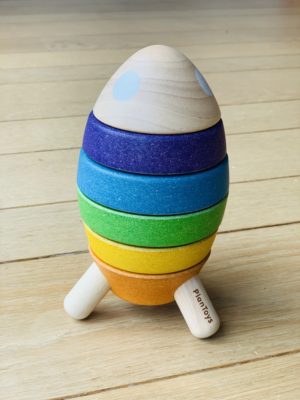
Child Development: 2 – 3 Years
Fine and Gross Motor Skill Development – Further develop gross motor skills and physical strength through active play like Rocking Horse and Deliver bike. Strengthen fine motor skill development and hand-eye coordination with puzzles, games, and construction play, like Geo Lacing Beads and Twisted Blocks.
Social and Emotional Development – Help your child better understand their moods and emotions through intentional play with toys like the Mood Memo or Build-a-Robot.
Intellectual Stimulation – Utilize sorting boards, puzzles, and mechanical toys like Geometric Sorting Board, Geometric Peg Board, Shape Sorter, Gears & Puzzles-Deluxe, or Jumping Acrobat to encourage trial-and-error learning, the understanding of cause and effect, and problem-solving.
Creativity and Imagination – Tap into imaginative thinking with educational alphabet and number playsets such as Alphabet A-Z, Numbers 1-10, including pretend play toys like Kitchen Set or Breakfast, they will encourage children to learn new words, sounds, combinations, and phrases.
Areas of Focus for 2-3 years:
Physical: Gross Motor, Fine Motor, Coordination, Visual
Social & Emotional: Social, Emotion
Intellectual: Mathematical, Creative, Logical, Problem Solving, Cause & Effect, Imagination, Concentration
Language & Communications: Language & Communications
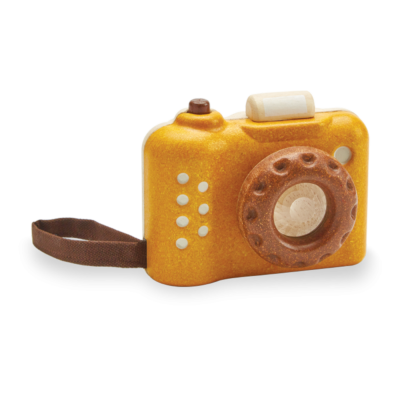
Child Development: 3+ Years
Fine and Gross Motor Skill Development –Advance mobility and strengthen motor skills with outdoor playsets like Mini Golf and Meadow Ring Toss. Further, enhance hand-eye coordination and body awareness through independent play with active toys and cognitively simulating games like Tie-Up Shoe.
Emotional and Social Skill Development – Watch your child develop socially as they learn to naturally express feelings, communicate honestly and play alongside others during they play with Doctor Set and Fantasy Blocks.
Intellectual Stimulation – Provide children with the opportunity to learn about symmetry, balance, shapes, and colors via wooden blocks, unique puzzles, and educational play. Support your child’s ability to concentrate and remember patterns or skills through matching and memory games with Shake N Flip. Engage in storytelling with children via pretend play in the kitchen, backyard, or living room. Give them the chance to role-play as a doctor, dentist, chef, and more!
Areas of Focus for 2-3 years:
Physical: Gross Motor, Fine Motor, Coordination, Visual
Social & Emotional: Social, Emotion
Intellectual: Mathematical, Creative, Logical, Problem Solving, Memory, Imagination, Concentration
Language & Communications: Language & Communications
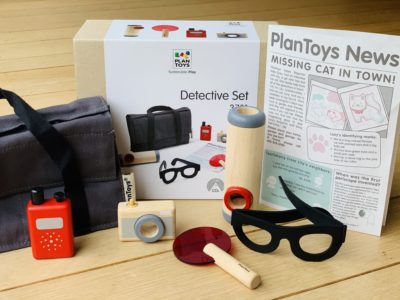
Final Thoughts:
Baby Developmental toys are important to help maximize the cognitive and emotional growth of your baby, toddler, and child. These baby developmental toys guide you and your child in the right direction to maximize their growth potential. We as parents have the choice to choose what type of learning environment and toys we would like for our children to have. The toys in which we choose for every “age and stage” are the tools for our children to learn with. Understanding why child development is so important is crucial to having a surrounding where your child can thrive.
If your child has only so many hours in the day to play and learn, wouldn’t you want this time to be spent engaging with quality, stimulating, and educational toys? Are the kids being entertained by the toys or is it the other way around? Nobody wants a room full of junky one-time-use plastic toys that offer zero educational value. If your child has “fewer but better” quality developmental toys, the parent and child will be happier. Plus, I have lost too many hours of my precious time engaging with my children cleaning up endless piles of useless toys.
Being conscious and mindful of each selection of toys from newborn to adolescence gives your child a stimulating and educating environment. When you see your child developing firsthand with the mindful toys you selected, your confidence will grow as a parent. If you found this post helpful, please subscribe to my newsletter and my Facebook Group on Sustainable Toys. To see some of the wonderful development toys, check our my toy shop HERE.

